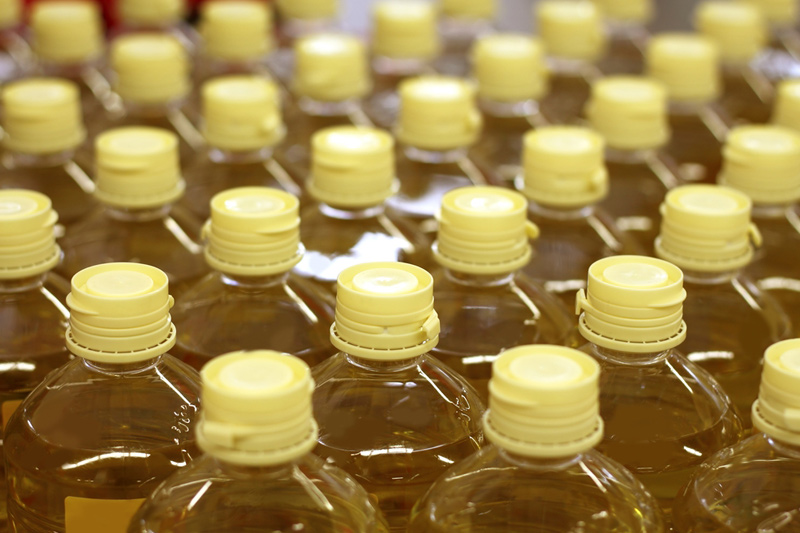By Rod Nickel and Niu Shuping
WINNIPEG/BEIJING, Feb 25 (Reuters) - A "scientific
disagreement" between Canada and China over the risk of
transmitting the blackleg fungus is behind China's move to raise
its standard for Canadian canola imports, an industry official
involved in discussions said.
But some traders say the real reason for a higher standard
that may slow Chinese imports is the country's large rapeseed
oil stockpiles.
Reuters reported on Tuesday that China's quarantine
authority, AQSIQ, told the Canadian Food Inspection Agency
(CFIA) it would allow no more than 1 percent foreign material -
called dockage - in Canadian canola shipments as of April 1.
The current allowable dockage range is 2 percent to 2.5
percent. Foreign material can include seeds of other plants or
straw.
"We're at a stage of scientific disagreement - that really
is the issue at its heart," said Patti Miller, president of the
Canola Council of Canada, whose board includes exporters Cargill
Ltd CARGIL.UL , Archer Daniels Midland Co ADM.N and
Richardson International. "We're not aligned on the results of
the last scientific study that we did."
The countries have collaborated for years on research around
blackleg, after China raised concerns in 2009. They have
disagreed in the past year about potential blackleg transmission
risk to Chinese farms through foreign material in canola
shipments, Miller said in an interview.
The Canadian industry sees no significant risk, Miller said,
adding that she could not release research results that are in
dispute.
AQSIQ declined to comment. The agency's letter to CFIA this
week shows that it wants a resolution, but the parties are not
done talking, Miller said.
Canola, also known as rapeseed, is crushed mainly to produce
vegetable oil. Canada is the world's biggest canola exporter.
The tougher standard will be difficult to meet, and make
seed cleaning more expensive, possibly discouraging future
sales, exporters say.
China is the largest consumer of edible oils.
The stricter dockage standard allows China to work through
high rapeseed oil stocks for the next year or two, an executive
with a major Chinese buyer said.
Industry analysts estimate China's rapeseed oil stocks at
5.5 million tonnes.
China subsidizes its farmers' production, resulting in
imports sometimes being cheaper than domestic supplies.
Importers are unsure what to do with cargoes scheduled to
arrive after April 1, the Chinese buyer said.
Miller said she didn't know how China's new standard would
affect sales that are already booked.
(Editing by Steve Orlofsky)
